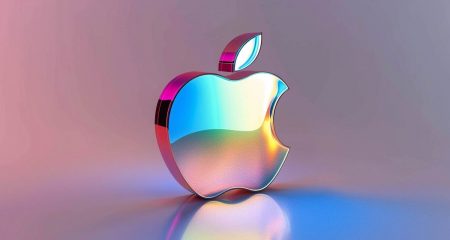 Apple was spared from having to immediately reinstate Epic Games’ Fortnite on its App Store, an early court victory for the iPhone maker in an intensifying battle over the tolls charged to app makers.
Apple was spared from having to immediately reinstate Epic Games’ Fortnite on its App Store, an early court victory for the iPhone maker in an intensifying battle over the tolls charged to app makers.
But US district judge Yvonne Gonzalez Rogers’s ruling late on Monday wasn’t a total loss for Epic, as she granted the company’s request for a temporary order blocking Apple from limiting the game developer’s ability to provide Unreal Engine, key graphics technology, for other apps.
The mixed ruling comes as Apple faces a backlash from some app developers who say its standard App Store fee of 30% and others policies are unfair and designed to benefit the iPhone maker’s own services. The fight blew up on 13 August when Epic told customers customers it would begin offering a discounted direct purchase plan for items in Fortnite, and Apple then removed the game app, cutting off access for access for more than a billion iPhone and iPad customers.
Apple had no immediate comment on the ruling.
Rogers said at a hearing earlier in the day that the case isn’t a “slam dunk” for either side and cautioned that her temporary ruling won’t dictate the final outcome of the litigation.
Epic’s Unreal Engine is a suite of software used by developers to build 3D games and other products. Cutting off Epic from Apple’s iOS and Mac developer tools would mean the gaming company can no longer distribute Unreal Engine to other developers, Epic said on Sunday in a legal filing. Microsoft, which makes the Xbox, uses the technology for games developed for consoles, PCs and mobile devices and is backing Epic in court.
No special treatment
Apple has said that Epic CEO Tim Sweeney sought a “side” deal seeking an exclusive storefront for Fortnite, a move that Apple executives argued would fundamentally upend how the App Store works. Sweeney maintains he wasn’t asking for special treatment but for Apple to make the same option available to all developers.
Of the 2.2 million apps available on the App Store, the 30% fee is billed to more than 350 000. Apple reduces the fee to 15% after a consumer uses a subscription for more than a year. — Reported by Malathi Nayak and Mark Gurman, (c) 2020 Bloomberg LP




